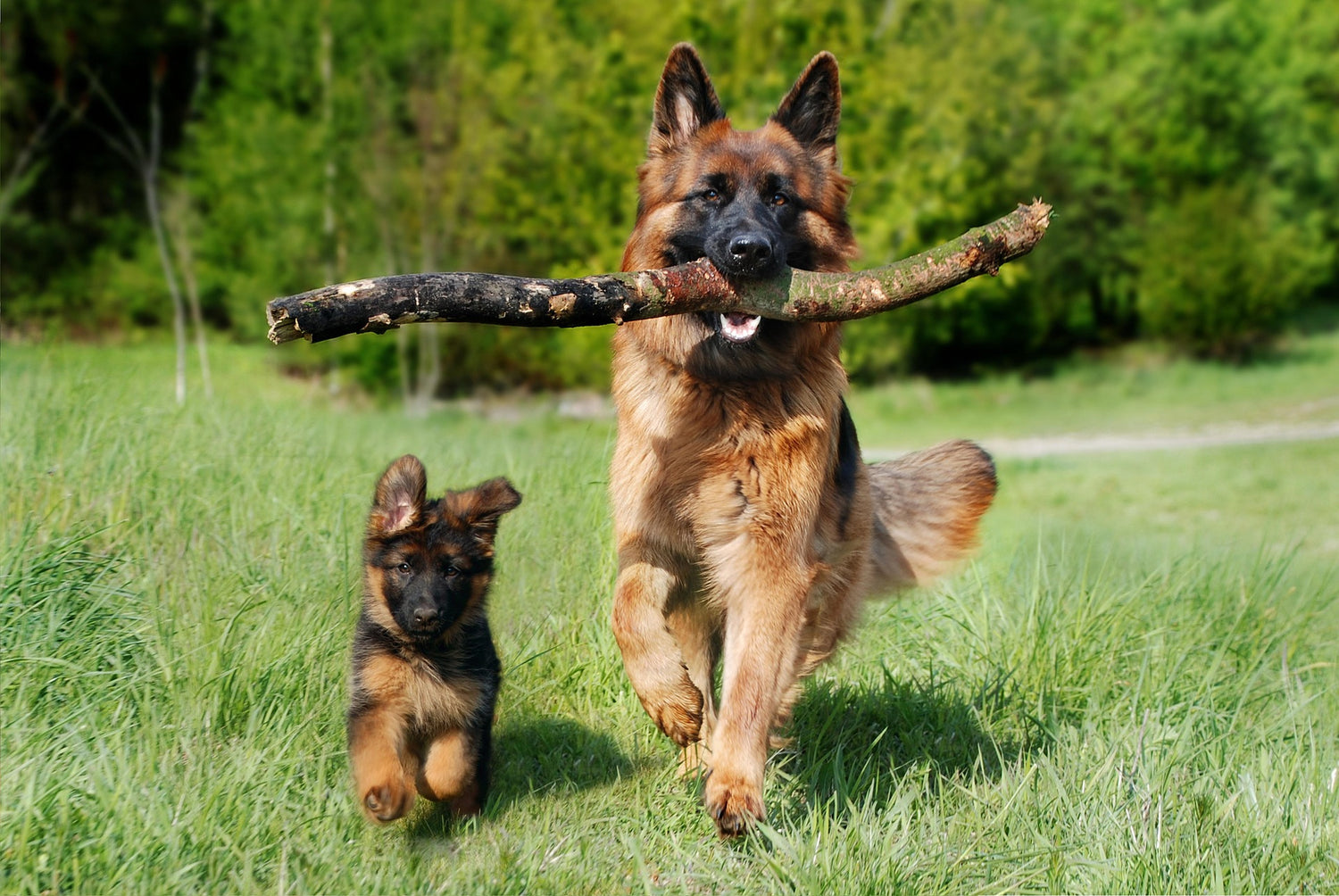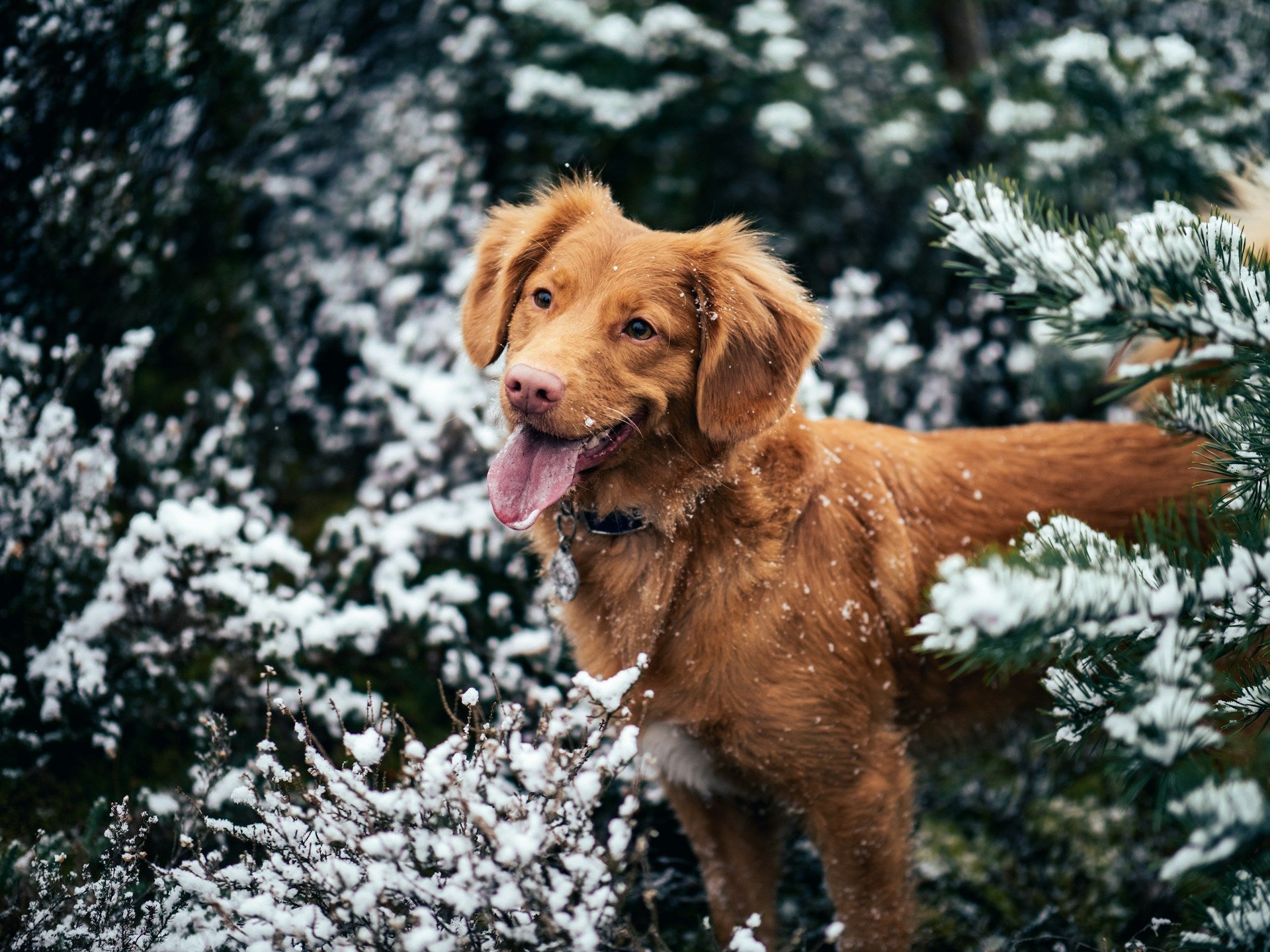Knowing your dog’s pooping habits is essential to keeping your pooch healthy and happy. Dog constipation is a common condition that can cause discomfort and distress for both the dog and its owner. There are a few things that pet owners need to know regarding preventing and managing it.
Causes of Dog Constipation
Several factors can contribute to dog constipation, including a diet lacking in fiber or containing low-quality ingredients, which can lead to constipation. Sudden changes in diet can also disrupt the digestive system. Dehydration is another cause, as insufficient water intake can harden the stool and make it difficult to pass.
Regular exercise stimulates bowel movements and helps prevent constipation, while a lack of exercise can lead to constipation with your pup. Certain medical conditions, such as hypothyroidism, megacolon, or anal gland problems, can contribute to constipation.
There are also some medications that can cause dog constipation as a side effect. Lastly, dogs may accidentally ingest objects like toys or bones that can cause blockages in the intestines.
Symptoms of Dog Constipation
The following symptoms may indicate that your dog is constipated:
- Straining to defecate
- Small, hard stools
- Infrequent bowel movements
- Loss of appetite
- Lethargy
- Vomiting
- Abdominal pain or discomfort
Preventing Dog Constipation
Several steps can be taken to prevent dog constipation, starting with hydration. Ensure your dog has constant access to fresh, clean water. Dehydration is a major cause of constipation.
A high-fiber diet can also help regulate bowel movements. You can add fiber-rich foods like cooked vegetables (e.g., carrots, peas, pumpkin) or fiber supplements to your dog's regular food. Consult your veterinarian for recommendations.
Regular exercise promotes healthy digestion and helps prevent constipation. Aim for at least 30 minutes of daily activity. Choose a high-quality dog food that’s appropriate for your dog's age, size, and activity level. Avoid sudden changes in diet, as this can upset the digestive system.
Schedule regular veterinary check-ups to rule out any underlying medical conditions that may be causing constipation.
Managing Dog Constipation
If your dog is constipated, there are a few different management strategies.
Home Remedies
Canned pumpkin is a natural source of fiber and can help soften stools. Start with a small amount and gradually increase as needed. You can increase your dog's water intake to help soften stools. Encourage your dog to exercise to stimulate bowel movements.
Veterinary Treatment
Your veterinarian may recommend fiber supplements to help regulate bowel movements. In some cases, your veterinarian may prescribe a stool softener or laxative to help relieve constipation.
In severe cases of constipation, your veterinarian may need to administer an enema to help remove impacted stool. And, in rare cases, your veterinarian may prescribe medications to treat underlying medical conditions that are causing constipation.
Additional Tips
Pay attention to your dog's bowel movements. If your dog strains, seems to have difficulty pooping, or produces small, hard stools, they may be constipated.
Don't give your dog human laxatives, either. Human laxatives can be harmful to dogs and should only be given under the supervision of a veterinarian. If your dog is experiencing persistent constipation, it is important to consult your veterinarian to rule out any underlying medical conditions.
A Clean Solution for Canine Comfort with Paw Pail
Dog constipation can be a frustrating and uncomfortable experience for your furry friend. By understanding the causes and symptoms, and implementing preventative measures like a fiber-rich diet and regular exercise, you can significantly reduce the risk of constipation.
For those inevitable moments when your dog needs a little extra help, consider the Paw Pail. This innovative dog poop pail provides a hygienic and odor-free solution for disposing of pet waste. By keeping your dog's environment clean and sanitary, you can help prevent the spread of bacteria and parasites that can contribute to digestive issues.



